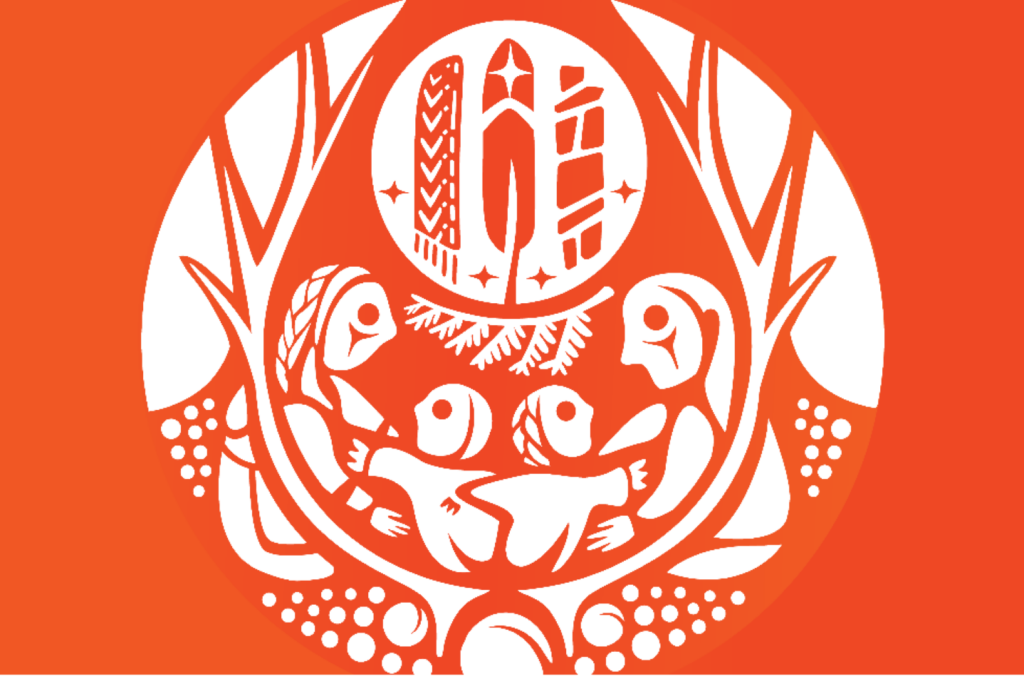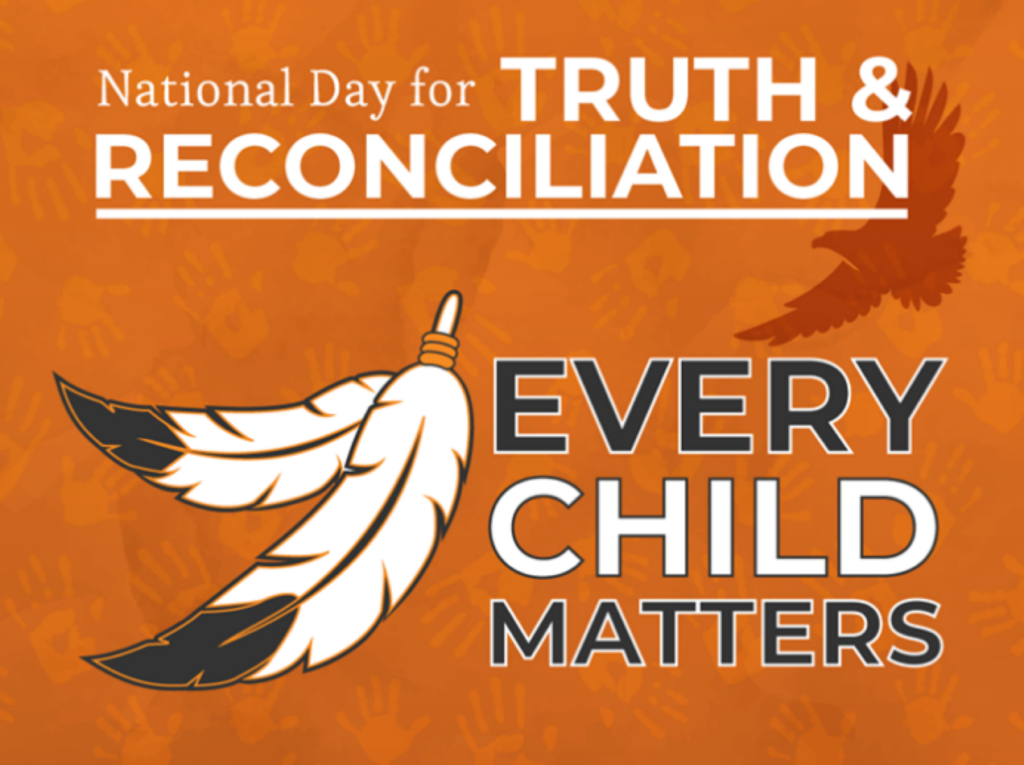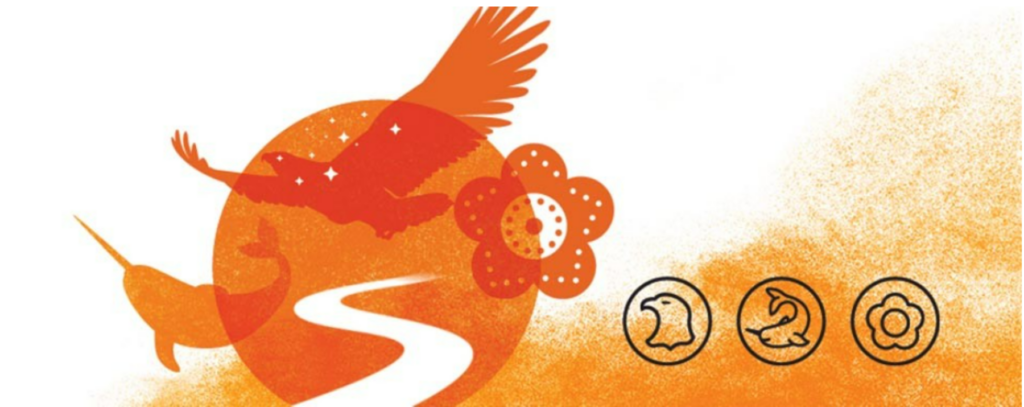Post Category : Uncategorized
National day for Truth and Reconciliation: How to participate
Truth and Reconciliation
“The National Day for Truth and Reconciliation is a day to recognize and reflect on the tragic history and ongoing legacy of residential schools. It is also a day when we can honor Survivors, their families, and Indigenous communities. This day focuses on the traumatic impact of recent history, understanding how resilience is built through community, and navigating a way forward together.”
–Reconciliation Canada, 2021.

Commit to growth
“This National Day for Truth and Reconciliation is an opportunity to reflect and expand upon what we know. Attend an event in your community, or explore some of the learning resources below.”
–Reconciliation Canada, 2021.
Learning resources: primarily compiled by Reconciliation Canada
- Bringing Our Children Home: Reflecting On Our Shared History
In response to [over 2,300] children found buried at Indian Residential Schools across the country, Reconciliation Canada hosts a series of gatherings to help people understand and process our shared history. At each gathering, expert panelists examine how the Reconciliation movement is built and explores the ideas shaping the future of Canada. Additionally, the National Centre for Truth and Reconciliation (NCTR) hosts daily Lunch and Learn events throughout September 25th-30th to assist in unlearning the myths about Canada’s colonial history. - Reconciliation Through Education
The National Centre for Truth and Reconciliation has a collection of educational resources to support teachers in raising awareness about why residential schools were created, their ongoing legacy, and how these have shaped the country we live in today. - Indigenous Canada
The University of Alberta offers a free online course that explores Indigenous histories and key issues in Canada. This course explores key issues facing Indigenous peoples today from a historical and critical perspective that highlights national and local Indigenous-settler relations. - All My Relations
This podcast explores what it means to be an Indigenous person today and to be engaged in relationships — relationships to land and place, to a nation, to non-human relatives, and to one another. All My Relations is a place to explore these relationships, and to think through Indigeneity in all its complexities. - Indigenous Place Names
The distribution of traditional place names indicates the incredible extent of Indigenous land use and occupancy across vast stretches of territory throughout time. Reclaiming and acknowledging Indigenous place names is one of the ways in which we honour the legacies, knowledge, and territorial rights of Indigenous peoples.

Show your support
Wear Orange
“Before being officially recognized by the federal government, September 30th was known as Orange Shirt Day, started by Phyllis Webstad. Orange Shirt Day is an Indigenous-led grassroots commemorative day that honours the children who survived Indian Residential Schools and remembers those who did not. Wearing orange is one of the simplest ways to show some support for the day.”
–Reconciliation Canada, 2021.
Donate to organizations working on reconciliation
“[…] it is crucial that this awareness and energy is translated into concrete change. [Become] a part of the impact keeping the momentum going by supporting organizations like Reconciliation Canada. Your support helps non-profit organizations continue their work to reconcile the pain of our shared history and to remain on a path of healing […].”
–Reconciliation Canada, 2021.
Be mindful
“[…] Please be mindful of how sensitive this day will be for many. Show consideration to those who are hurting by listening to those who are willing to share their stories and giving space to those who need it. Lastly, make an effort to take the next step in your own journey of lifelong learning on truth and reconciliation.”
–Reconciliation Canada, 2021.

long-lasting change
Make reconciliation a part of your day-to-day life
- Back Pocket Reconciliation Action Plan
Carry a Back Pocket Reconciliation Action Plan. Emphasized by Chief Robert Joseph, O.B.C with Reconciliation Canada, “The Back Pocket Reconciliation Action Plan is part of Reconciliation Canada’s national engagement strategy to build a national narrative on reconciliation and catalyze action.”
Navigate to the Reconciliation Canada website to learn more. - National Narrative on Reconciliation Report
Review and reflect upon the National Narrative on Reconciliation Report. As stated by Reconciliation Canada, “The National Narrative on Reconciliation Report surveyed Indigenous Peoples and non-Indigenous Canadians on attitudes towards reconciliation and revealed a strong alignment about the contributions that Indigenous Peoples make to Canadian society. The survey, the first of its kind, also points to significant barriers to overcome to truly achieve reconciliation.”
To summarize, this survey highlights Canada’s multicultural populations understanding of reconciliation efforts and the current barriers that remain. - Continued Education
Continue to learn, even after September 30th. With infinite resources, events, and courses online or in-person, you can continue to shape your understanding throughout the year.
